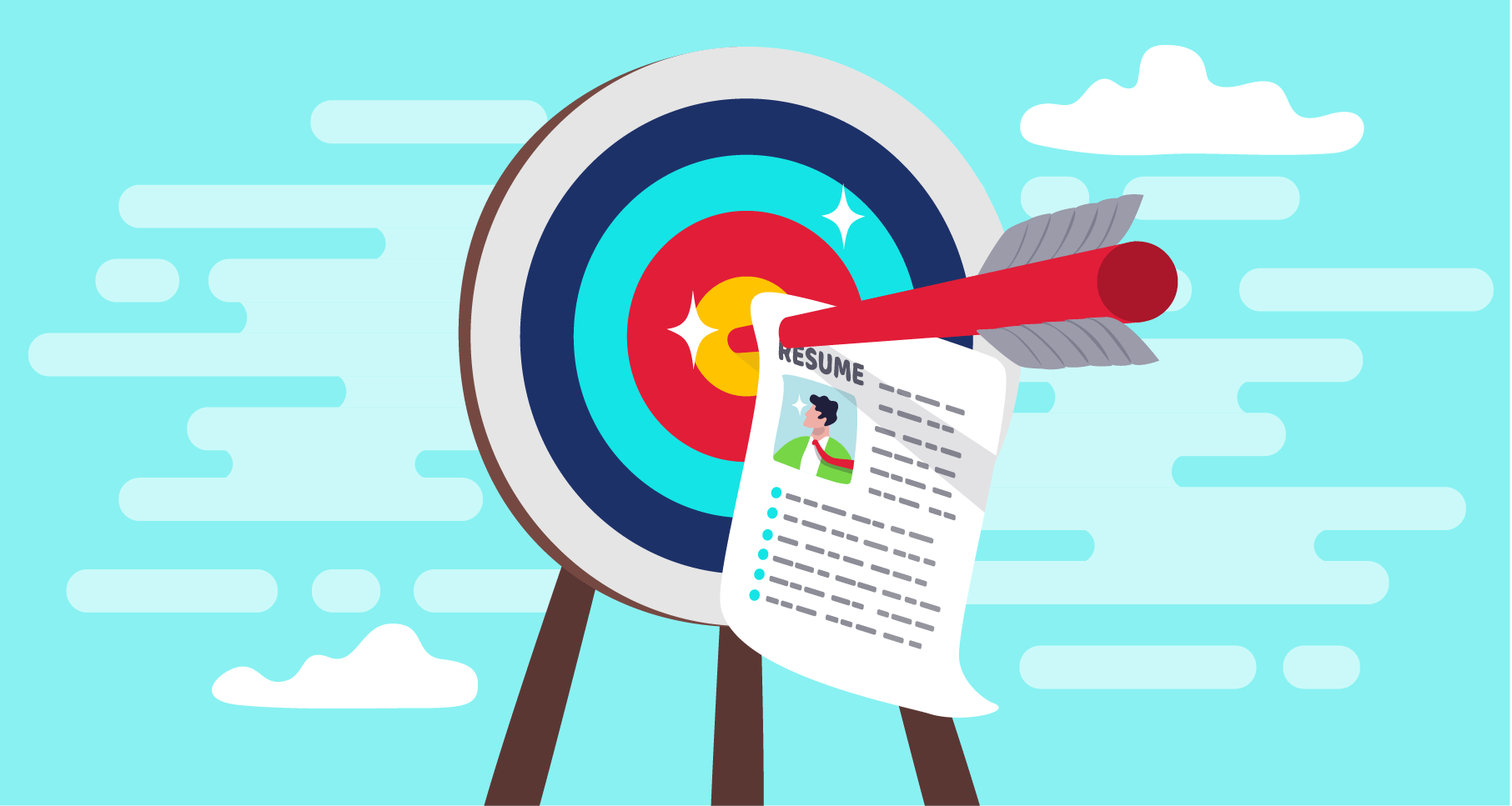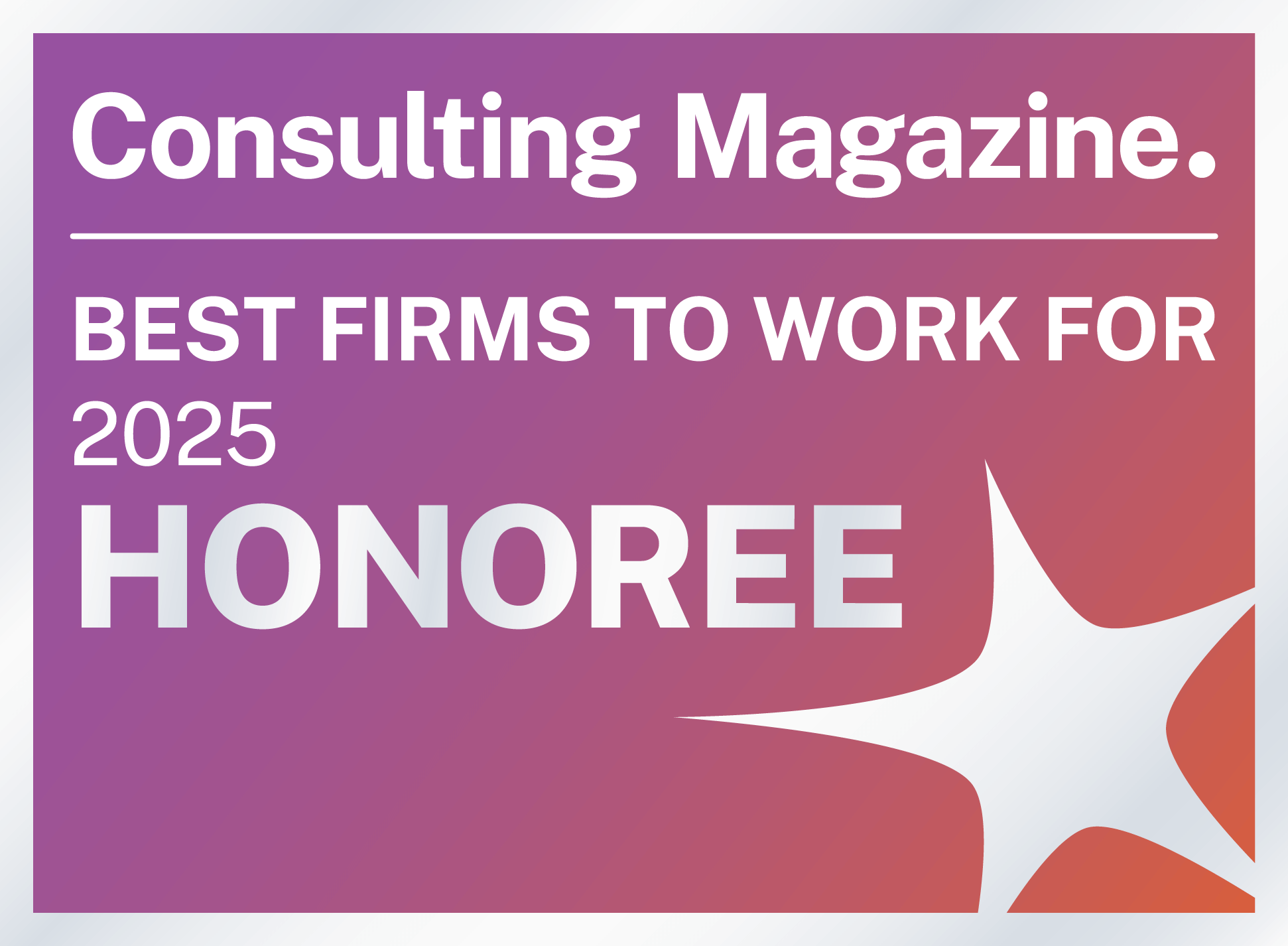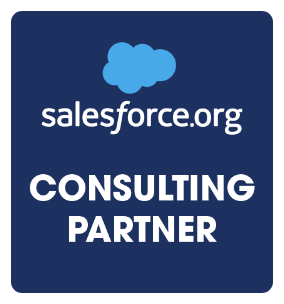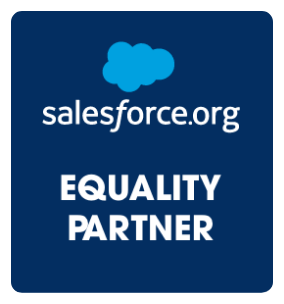
Six Tips to Land Your Dream Job in 2024, Shared by a Recruiting Manager
As we settle into 2024, now is an opportune time to gear up for your job search. Whether you’re a recent graduate embarking on your professional journey, an experienced professional seeking a career change, or someone reentering the job market, careful preparation is key to securing the right opportunities. The job search landscape continually evolves, influenced by economic shifts, technological advancements, and changing employer expectations. To navigate this landscape successfully, you’ll need a well-thought-out plan, honed skills, and a keen understanding of the current job market. In this post, we’ll guide you through the steps and strategies to prepare you for your 2024 job search, helping you approach it with confidence and purpose.
1. Reflection + Goal Setting
As a first step, it’s important to reflect on and set personal goals for your job search. Start with a thoughtful examination of your values, priorities, and career aspirations. Identify your strengths, skills, and areas of expertise. Consider the work environments where you thrive and the company cultures that resonate with your values. Evaluate your long-term career goals and how a potential job aligns with them. Delve into your personal life and consider the work-life balance that suits your needs and commitments.
It’s also crucial to weigh the importance of financial compensation, benefits, and opportunities for skill development. Self-reflection will help provide clarity on what truly matters to you, guiding your job search toward roles that not only match your qualifications but also provide fulfillment and satisfaction in the long run.
2. Refresh Your Resume
Your resume showcases you on just a few pages, so it needs to be clean and easy to follow. Working in reverse chronological order, highlight your experience and ensure you cover any major gaps (e.g., breaks or travel), education, skills, and any interests, to let your personality shine through. Bullet your responsibilities followed by key achievements.
A resume shouldn’t be a novel, but also shouldn’t be so truncated that the reviewer can’t grasp what you’ve done in prior roles. These days, recruiters may review and assess your CV in less than 20 seconds, so make sure it causes them to stop and put you on the call list. If you’re speaking to an agency or hiring manager, ask them for feedback so you can refine as you go.
3. Be Profile Ready on LinkedIn
Help employers or agencies find you! Start by uploading a clear profile picture and crafting a concise, engaging headline that describes your expertise.

Tip: LinkedIn headlines allow up to 220 characters—use them. The more you write, the more likely you are to appear in recruiters’ search results.
Next, write a well-structured summary that highlights your skills, experience, and career goals. Don’t forget to add your work history, emphasizing your accomplishments in each role. Skills and endorsements can help showcase your strengths, so include them too. LinkedIn has an ‘open for opportunities’ option and you can confirm the roles you are interested in. Join groups, follow companies, and engage with connections to stay active on the platform. Regularly update your profile with new achievements and experiences to make a strong impression on potential employers and professional contacts.
4. Sign Up for Job Alerts
In today’s fast-paced and competitive job market, staying current with relevant job openings is crucial. By subscribing to alerts on various job search websites and company career pages, you can receive real-time notifications about positions that match your skills, qualifications, and preferences as they become available. This approach saves you time and effort, ensuring you don’t miss out on potential opportunities. It’s an effective way to keep your finger on the pulse of the job market, giving you a head start in applying for positions that align with your career goals.
5. Interview Preparation
Brush up on your interview skills, practice common interview questions, and prepare your own questions for potential employers. Be ready to articulate your accomplishments and demonstrate your fit for the role.
Before the interview, research the company and be ready to discuss it. Find out the participants and interview type—is it competency-based, technical, behavioral, or informal?

Tip: For competency- and/or behavior-based interviews, prepare strong examples from your past work to showcase your skills.
Don’t be afraid to ask what the interview will entail to avoid making incorrect assumptions. Assume some of the “must-haves” they’ve outlined in the job listing will also be covered to understand your depth of experience in those areas.
6. Evaluate Offers
After successfully navigating multiple interviews and now expecting potential job offers, it’s important to have a conversation with your references in advance to ensure their availability for timely recommendations. This stage can be a delicate balancing act, particularly if you’re weighing a few comparable and equally enticing options. Be transparent with employers, so they are aware you may need some extra time for consideration or further information to seal the deal. Honesty in this context is a strength, not a weakness.
Remember, you don’t need to rush into accepting the very first offer that comes your way. This decision shapes the next few years of your life, so you’ll want to make an informed decision based on what meets your expectations and aligns with the motivations you identified when beginning your job search. It’s common for candidates to lose sight of their primary reasons for seeking a change and get swayed by other factors, so stay true to your core values.
A job change is a significant life decision that warrants careful consideration and thoughtful decision-making. Don’t rush the process—take the time to consider your career goals and personal values. Seeking guidance from experienced mentors or professional career coaches can provide valuable insights and support throughout this journey. By thoughtfully weighing these factors, you’ll be well-equipped to embark on a successful job change in 2024.
About the Author

Alex Nichols is a Recruiting and Talent Acquisition Manager at Attain Partners. Alex brings diverse experience in agency and corporate recruiting. He has placed top talent at every level—from entry-level to executive—and is adept at understanding organizations’ hiring needs. He takes a personalized approach to understand not just your business, but your industry and culture.

Be the First to Know
Subscribe to our monthly Pulse newsletter
to be the first to hear about new blog posts













